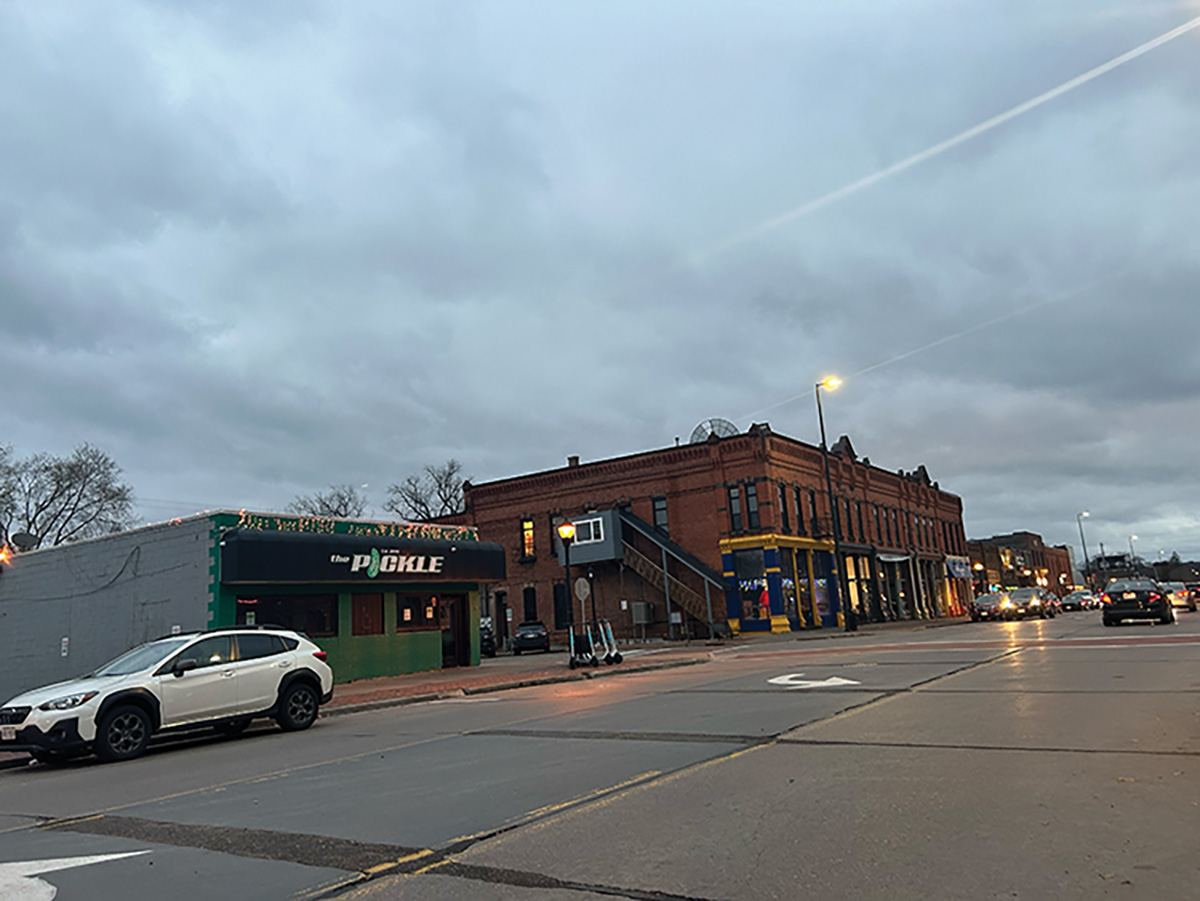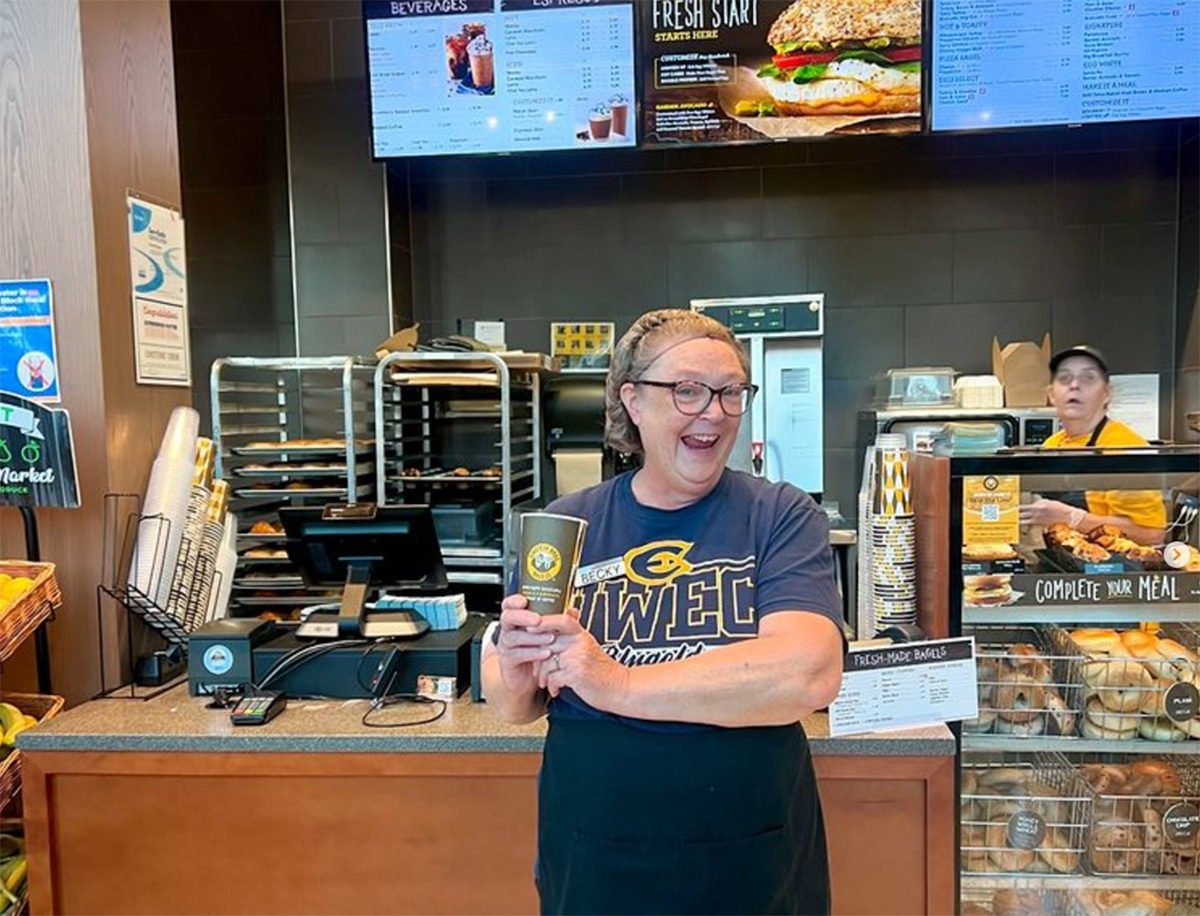An article by Native American journalist James Allen suggests that the war between the United States and Native Americans is still being fought. However, in today’s society, the battlefield is the media.
The article, “The More Things Really Don’t Change” was among suggested sources Barb Blackdeer-Mackenzie, the communication and journalism department’s Knight Journalist in Residence, sent via e-mail to panelist Dean Kallenbach of WUEC radio scheduled to speak at Thursday’s First Nations/New Nations conference.
Allen’s article, entitled “Pretty Powwow Pictures,” makes it clear articles covering Native American culture are mainstream and fail to depict a balanced story.
| First Nations/New Nations Conference Time: 8:30 a.m. to 2 p.m. Date: Thursday Place: Tamarack Room, Davies |
Organizers of the third annual conference are striving to encourage Hmong and Native American students to pursue journalism majors so the connection between journalists and different cultures will improve, Blackdeer-Mackenzie said.
In 2001, Dave Gordon, UW-Eau Claire’s former communication and journalism chair, and South Dakota State journalism chair Richard Lee drafted a grant sponsored by The John S. and James L. Knight Foundation that is shared cooperatively by both universities.
The grant is meant to expose attendees to Hmong and Native American culture, both topics of the first seminar held in St. Paul, Minn., in 2002. In 2003, the conference moved to Brookings, S.D., and focused solely on Native American plains tribes and the media.
This year, six community speakers and Pulitzer Prize and Nobel Peace Prize nominee Jane Hamilton will discuss solely Hmong culture. The grant funds the seminar for four years.
Blackdeer-Mackenzie divided students in one of her classes into groups to contact local government officials and panelists, prepare registration packages and media kits and to set up in Davies.
“Everyone is doing their fair share,” said senior Jeanna Allen, one of the 23 student organizers.
Sophomore Kelly Beyer said organizing alone has taught her about Hmong culture.
“That’s probably one of the most interesting things I’ve learned from the class,” she said.
A performance by Chuo and Yer Lee will teach attendees about how the Hmong assisted Americans during the Vietnam War. Although the play is fictionalized, its plot is constructed from conducted interviews, Blackdeer-Mackenzie said.
The play’s portrayal of how the Hmong were forced to leave Laos is realistic, she said.
Hamilton captured images of the Vietnam War as a photojournalist. She resided in camps with Hmong refugees “to get the real stories,” Blackdeer-Mackenzie said, and will come to share those stories with students.
“Finding Dr. Jane was wonderful,” she continued. “She’s become a historian and is also an activist.”
Six volunteer community panelists will speak from 1 to 2 p.m. on a panel called “Raising the Bar in Reporting Hmong News.”
A 15-minute documentary featuring news clips and interviews will precede the two-minute remarks panelists are allowed to make. A short question and answer portion will follow.
Anyone in the community interested is encouraged to attend.
Speakers include broadcast journalist and Vietnam veteran John Hoffland; Dean Kallenbach of WUEC radio; Eau Claire Leader Telegram features editor Eric Lindquist; Steve Thoa from KKS Hmong Television in the Twin Cities; and Charles Vue of the Office of Multicultural Affairs. Yong Kay Moua of the Eau Claire Police Department will address gang stereotypes associated with Asians.
“Mainstream media appears to create a perception of what a community’s like,” Blackdeer-Mackenzie said. “As journalists, it’s our responsibility to make sure what’s going out in our media is who’s in our community.”






